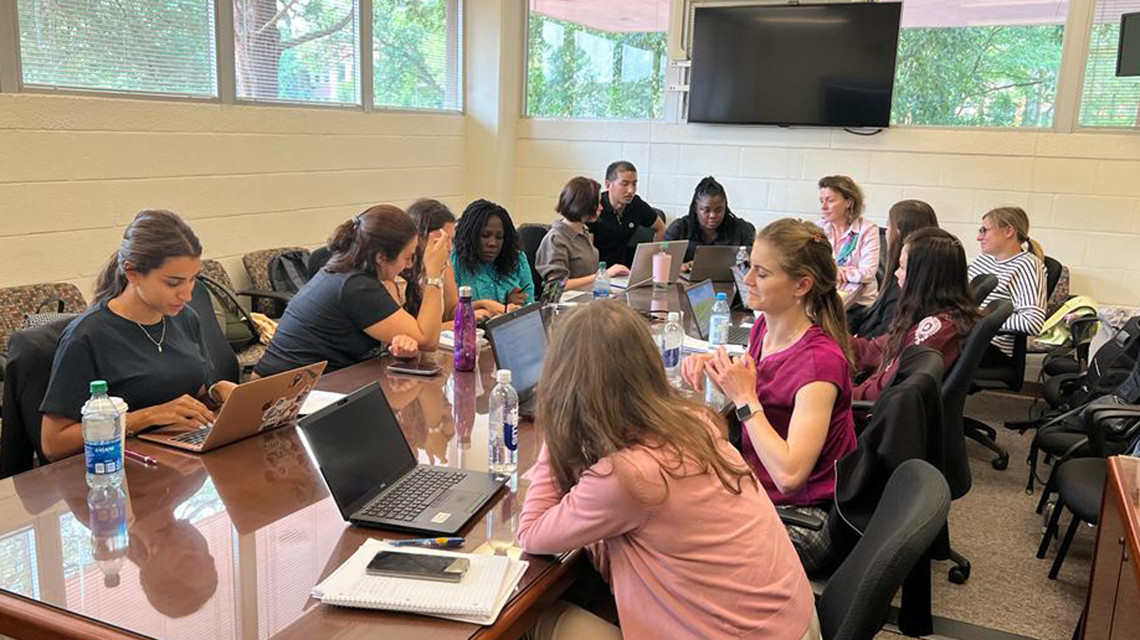To commemorate International Women’s Day, the IAEA is gathering hundreds of women from the Marie Skłodowska-Curie Fellowship Programme and the Lise Meitner Programme, to exchange ideas and strengthen networking and leadership skills. This event will take place from 7 to 8 March in Vienna, Austria, and will also be an occasion for the nuclear industry to meet with this rapidly growing community of women nuclear experts and explore opportunities to advance their careers.
Women are still underrepresented in the nuclear sector, and despite making up half of the global population, they constitute only a fifth of the nuclear workforce.
The IAEA aims to change this by attracting a new generation of women to the nuclear field and inspiring them to stay and become leaders. Through its two flagship programmes- The Marie Skłodowska-Curie Fellowship Programme (MSCFP) and Lise Meitner Programme (LMP), the IAEA seeks to increase the number of women in the nuclear sector and contribute to a more diverse and balanced workforce. From nuclear power to plant breeding, nuclear physics, isotopic hydrology, safety, security, non-proliferation and more, the MSCFP and LMP are supporting the entire nuclear sector spectrum.
The MSCFP flagship programme was launched in 2020, and named after physicist Marie Skłodowska-Curie, the first woman to win a Nobel Prize, and still the only person to win two Nobels in two different scientific fields. Skłodowska-Curie’s legacy lives on through the IAEA MSCFP, which recently welcomed it’s fourth, and so far, largest cohort of 200 scholarship recipients from 97 Member States studying in 54 countries, bringing the total number of recipients to date to 560.
“MSCFP made it possible for me to follow my dreams of becoming a radiological environmental scientist. After completion of my studies in the Republic of Korea, my aspiration is to use my skills to contribute towards examining the environmental situation in my home country,” said Zarina Salkenova, a 2022 Marie Curie Skłodowska-Curie Fellow from Kazakhstan.
The programme has provided a rare opportunity for women who would otherwise not be able to pursue their studies in the nuclear field. The MSCFP lightens the financial burden of higher education by providing scholarships to help with tuition for master’s programmes and living costs, and also provides internship opportunities facilitated by the IAEA. After completing the programme, some recipients have continued to PhD studies while others have started their careers.









